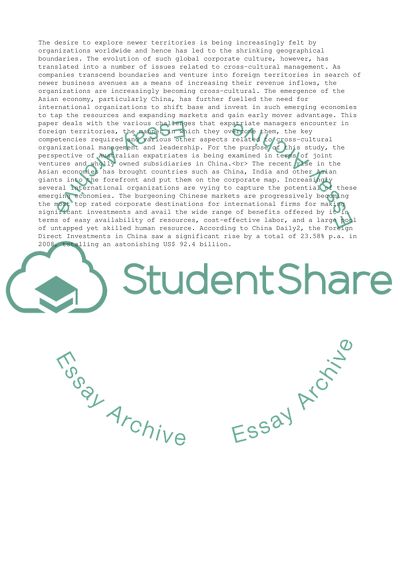Cite this document
(International Management Behaviour Research Paper, n.d.)
International Management Behaviour Research Paper. Retrieved from https://studentshare.org/management/1722543-international-management-behaviour
International Management Behaviour Research Paper. Retrieved from https://studentshare.org/management/1722543-international-management-behaviour
(International Management Behaviour Research Paper)
International Management Behaviour Research Paper. https://studentshare.org/management/1722543-international-management-behaviour.
International Management Behaviour Research Paper. https://studentshare.org/management/1722543-international-management-behaviour.
“International Management Behaviour Research Paper”, n.d. https://studentshare.org/management/1722543-international-management-behaviour.


